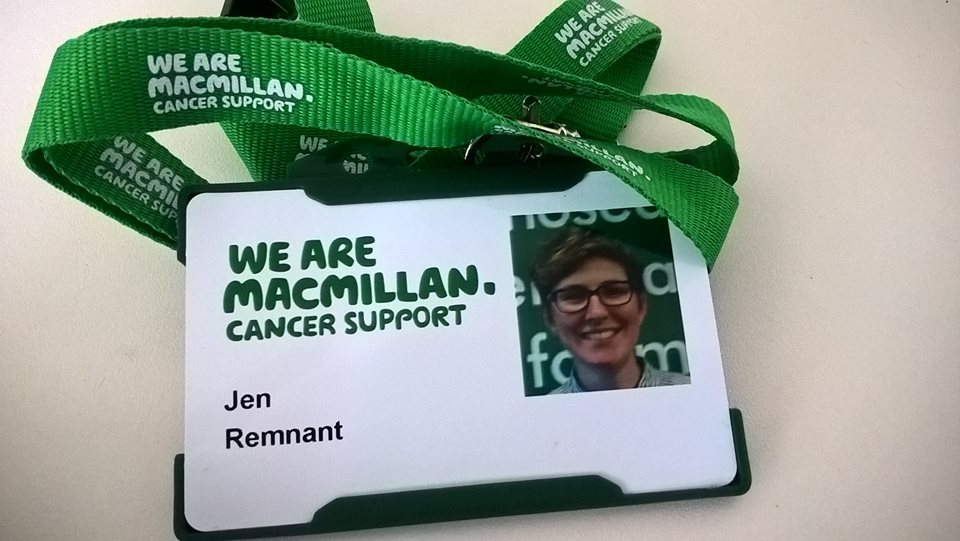I have just completed a PhD at Newcastle University looking at the consequences of cancer for people diagnosed when in in paid work. I applied to the ESRC in collaboration with a Local Authority partner (who provided an employment service to people with cancer) and Macmillan Cancer Support.
What the collaboration involved
In addition to providing letters of support as part of my application, representatives from both partner organisations committed to quarterly meetings with me and my supervisors for the duration of the PhD. During the early meetings the collaborative partners helped shape the parameters for the project, identifying key issues in relation to employment in the context of a cancer diagnosis.
As the project moved into the data collection phase, the Local Authority partner also functioned as a gatekeeper to participants, and supported me with sampling and recruitment.
Further to this, as part of the partnership with Macmillan Cancer Support I was offered a short term annual internship at the charity’s head office. However, after some reflection we decided that it would be a better use of our combined resources for me to complete a three-month internship there at the beginning of my third year of study. We identified the relevant department to complete the internship with, and staff from that department supported my successful application to the ESRC for funding to cover my costs while completing the placement.
I was based primarily in the ‘Working through Cancer’ team in the London head office. During my time there I conducted a small survey-based research project for the organisation, collecting data from Occupational Health Professionals about the challenges they face when supporting someone with cancer with employment related issues. I also conducted some qualitative analysis for the Research and Development team, and was able to provide some immediate feedback to research staff working for the organisation.
I recruited further participants to my PhD research while working with Macmillan Cancer Support.
Outputs
There were two key outcomes generated from these two collaborative partnerships:
1) I summarised relevant findings from my thesis into a short summary report for my Local Authority collaborative partner. This report has since been used as evidence as part of the Local Authority commissioning process.
2) The findings from the research project I conducted while completing my internship at Macmillan Cancer Support resulted in an internal report used to further inform their organisational resources.
Ongoing
A particular strength of the collaborative partnerships that were part of my PhD study, is the resulting willingness from all parties to continue to work together in the future. Specifically, my work at Macmillan has resulted in the sharing of data, from which we expect to author a collaborative research paper. I have also invited representatives from Macmillan to conferences and events I have organised to speak about research outside of the academy.
Concluding thoughts on collaboration
I would highly recommend engaging in collaborative work as part of the PhD process. On a very basic level, it brings in more people to bounce ideas off. Having external partners results in the input of ground level expertise on your topic of study. Both my project partners were engaging daily with people diagnosed with cancer when in work, and by working together we ensured that my research aims were relevant and up to date.
As part of the process of working collaboratively, you have to meet deadlines other than those set by your organisation, and work round other people’s work and time commitments. Though this can be challenging, it is also reflective of what future research projects will be like post-PhD. In this respect is an excellent way to learn how to manage your time and schedule, as well pick up skills relating to diplomacy, and how to manage the potentially conflicting agendas of specific partner organisations. Having involved and invested collaborative partners can also be an excellent motivation when in the writing up stage of a PhD.
Collaborative working can lead you down unexpected research pathways and trigger alterations to recruitment or analysis in addition to (potentially) providing material support. In terms of impact, you are often able to deliver immediate feedback, and witness your findings being utilised, informing practice or being used as evidence. It generates opportunities to meet people and create links that last well beyond the duration of your PhD study – an brilliant starting point for the rest of your academic career.

